‘Such Sweet Thunder’
Columbia offers a spring-long celebration focused on Ellington and Shakespeare
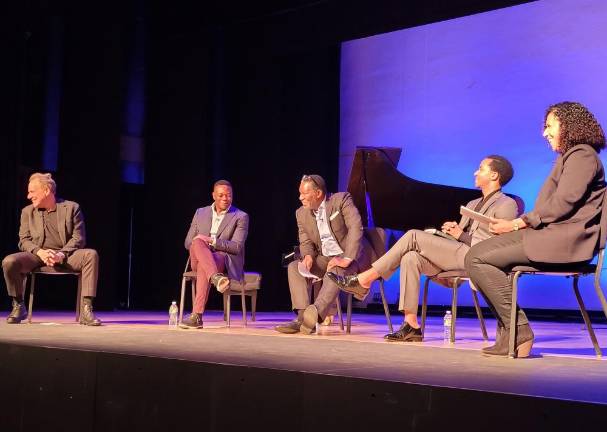
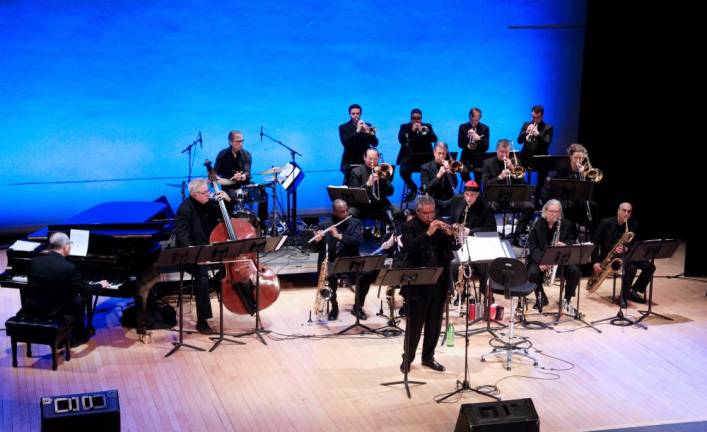
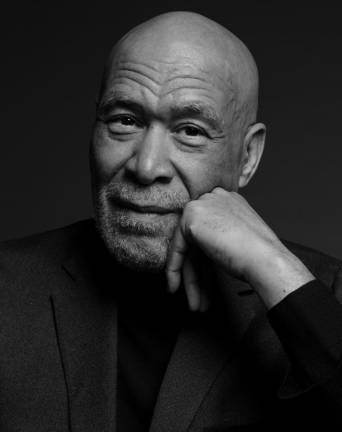
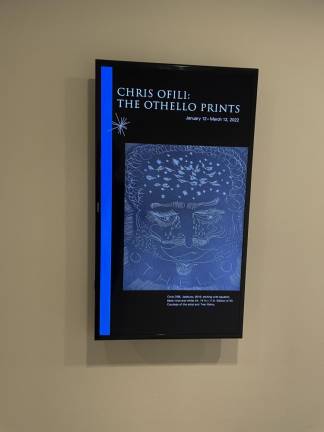
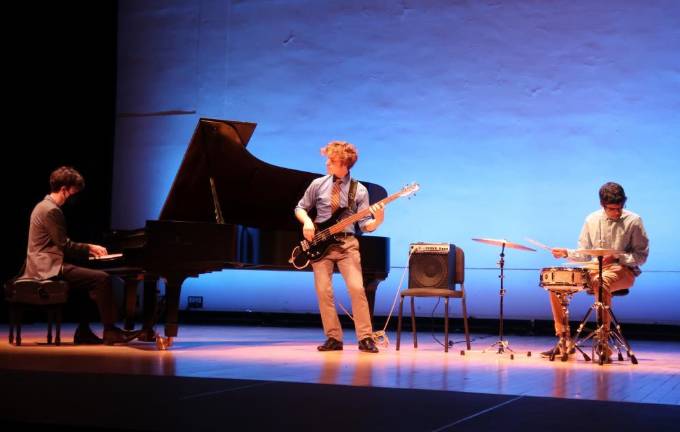
Columbia University extends a “sweet invitation” for the whole community of New York City to take part in its current series of events presented in “Such Sweet Thunder: Ellington Plays Shakespeare — Love and Power in Adaptation” ongoing through the spring term.
It is a celebration across disciplines and venues all over campus, spilling into and embracing Harlem – the programs include history, literature, dance, drama, panel discussions, an exhibition and, of course, jazz.
Duke Ellington was a music legend. The prolific jazz composer and bandleader created over 3000 songs during his decades-long career, many performed in Harlem’s own Cotton Club during the heady days of the 1920s. And then, there is Shakespeare. So, how did these two great minds meet (virtually) to create “Such Sweet Thunder”?
It started in1957. On invitation by the Stratford Shakespearean Festival in Ontario, Ellington’s orchestra first performed a full suite of Shakespearean work he composed along with longtime composer, pianist and arranger Billy Strayhorn. Ellington saw “tone parallels” between his art and Shakespeare’s. Lifetimes apart, but in both genres, they captured the world through their own lens and shared it back with the very people who inspired them.
Columbia wanted to merge the contributions of these two geniuses and share them with a new generation, while simultaneously providing a platform to encourage timely discussions of society’s ebbs and flows. Or to simply be enjoyed by avid fans of glorious jazz and great literature.
Robert O’Meally, the Zora Neale Hurston Professor of English and Comparative Literature, and director of Columbia’s Center for Jazz Studies, remembers the first time he heard the Shakespearean suite performed.
“When I heard Ellington and Strayhorn’s ‘Such Sweet Thunder’ many years ago at Jazz at Lincoln Center, I was blown away,” he said. “I’ve been an Ellington fan all my life but never heard that piece.”
Core Curriculum
That experience planted the seed for the year-long festival he spearheaded, slated to start in Fall 2021 but interrupted by the pandemic, now back in full-swing for the remainder of the spring.
O’Meally, who has been at Columbia for over 30 years, said he and his colleagues helped to set up the Center for Jazz Studies “whose purpose is to offer interdisciplinary approaches to jazz music.” He shared that there are approximately 15 or 16 student ensembles on campus playing just jazz, and said that now, as part of the undergraduate core curriculum, every student is required to study jazz at Columbia.
With the idea of bringing jazz and Shakespeare to a campus and city-wide audience “simmering since the 1980s,” O’Meally said it occurred to him several years ago that now was the time to do it.
He said that he was thinking, “here we are at Columbia [where] every student must read Shakespeare, every student must study jazz,” so how can we use Ellington’s Shakespearean concert to cross-fertilize within the campus community?”
Then one thing led to another with enthusiastic collaborations quickly formed across academic departments and participating organizations in Harlem, he said.
To date, there has been an exhibition of Othello etchings by Turner Prize-winning painter Chris Ofili at Columbia’s Wallach Art Gallery; a performance by Grammy-nominated trumpeter Jon Faddis, who recently led an all-star big band in selections from “Sweet Thunder” at the Miller Theatre on campus; and a “Playing Othello” talk by actors at the 92nd Street Y, among other presentations.
Upcoming events include a panel discussion on Toni Morrison’s play “Desdemona” — “a radical re-imagining of Shakespeare,” and a dance performance by young students from the Harlem School of Arts, performing with Columbia students and members of several established dance companies.
“Responsibilities to Our Neighbors”
O’Meally also mentioned the March 31 premiere of a new play “Douglass the Prophet” at Harlem Stage performing arts center, that he and fellow organizers “intentionally produced in Harlem because of our responsibilities to our neighbors.”
“Douglass the Prophet,” to be performed by Keith David, is a “one-man show about Douglass’ coming through Shakespeare to become Frederick Douglass,” O’Meally said.
A process you have to attend to witness.
Beyond the neighborly bond of location, Harlem is a perfect backdrop for synchronizing Ellington’s jazz and Shakespeare; both Ellington and Strayhorn lived in Harlem for periods of time, and Shakespeare is reported as being so well read by Harlemites in the early 20th century that people doing readings at the time said they would often stand in front of the audience and the audience would repeat lines back to them, O’Meally shared.
This passion for Shakespeare’s work may or may not be shared by some 21st century college students, but in pairing Shakespeare with music (and painting and film), the opening is offered for them to explore literature in new ways.
O’Meally has observed this in his years of teaching.
“Students who hadn’t said anything all semester, light up and become moved by the music, and they’re listening and willing to read again,” he said.
To learn more about the series of events, visit: suchsweetthunder.columbia.edu/